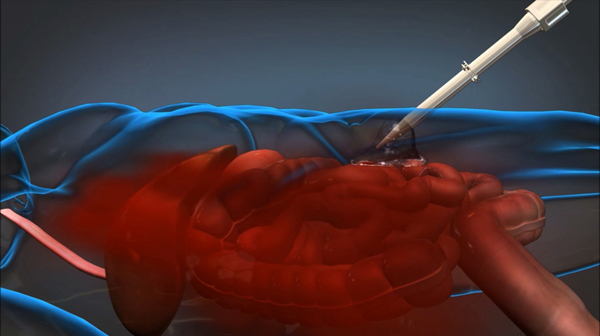Medical Foam Injection Could Stop Soldiers From Bleeding


The leading cause of survivable deaths among US soldiers who die on the battlefield is internal bleeding. Now, Arsenal Medical, Inc. has developed a product—backed by the Pentagon—that could save countless military men and women. A special foam has been shown to stop bleeding for as long as one hour when placed into the abdominal cavities of pigs, according to the US Defense Advanced Research Projects Agency. If the foam produces the same results in humans, combat medics could place it inside of US soldiers until they can reach a hospital for surgery.
“If testing bears out, the foam technology could affect up to 50 percent of potentially survivable battlefield wounds,” said Brian Holloway, DARPA program manager.
Based on the foam’s positive test results, the Pentagon has invested $15.5 million in Arsenal Medical to continue developing the technology. Should it become available in the field, a combat medic would inject two liquids—a polyol phase and an isocyanate phase—into a wounded soldier’s abdominal cavity. Once combined, the liquids trigger a chemical reaction that expands the foam to 30 times its original size before solidifying and encasing parts of the bowels, spleen and liver.
Preliminary tests show that a surgeon could quickly remove the solid foam with his or her hands.
“Currently, there are no effective, pre-hospital treatments available for intra-abdominal bleeding on the battlefield,” said David King, MD, a trauma surgeon at Massachusetts General Hospital. “Our ultimate goal is to find innovative ways to improve treatment and save lives of those who are serving their country, as well as those who experience serious injury through trauma.”
DARPA hopes to continue developing the foam until the FDA approves it as medical treatment. Arsenal Medical intends to develop the foam for civilian use, as well, possibly by emergency responders.
“There can be no more important goal for all of us who work in healthcare than to save lives,” said James Barry, executive vice president and CEO of Arsenal. “And working to help save the lives of our soldiers is exceptionally motivating.”
[Image via DARPA]









































